The TRUTH about supplements that you should know!

Have you ever wondered about supplements and had a bunch of questions in your head? Our guide is here to help, whether you're new to supplements or know your way around them.
We've put together important information to help you make smart choices about what you put into your body.
What are Supplements?
Simply put, supplements are neatly packaged combinations of important stuff like amino acids, nutrients, vitamins, minerals, and natural extracts. They come in different forms like tablets, gummies, powder, and capsules, offering health benefits beyond what you get from your daily meals.
Why Supplements Matter:
Think of supplements as your health buddy, there to help when your diet isn't quite enough. They provide important nutrients in forms your body can easily use. They act like a team to fill in the gaps in your nutrition. But remember, while supplements can support your overall health, they should never replace medications prescribed by your doctor. They're there to help a balanced diet, filling in the gaps to keep you healthy.
Regulations in India:
In India, the Ministry of Health has set rules for the safety of health supplements and nutraceuticals. These rules cover eight different types of functional food categories making sure they're safe for public health.:
Health Supplements, Nutraceuticals, Food for Special Dietary Use (FSDU’s), Food for Special Medical Purpose, Specialty food with plant or botanical ingredients, Foods with Probiotics, Foods with Prebiotics, and Novel Foods.
Why We Need Supplements:
For thousands of years, people have used specific foods and herbs for their health benefits. Today, we continue this tradition by taking supplements made from these natural ingredients to improve our well-being. While a typical food plate focuses on proteins, fats, and carbs, they may not provide enough micronutrients like vitamins and minerals.
Colourful fruits, vegetables, spices, and herbs in our diet give us some of these nutrients, but our bodies need more than what we can eat. Supplements help fill these nutritional gaps, promoting wellness and balancing our busy lives. Some use supplements for specific health conditions like heart problems or diabetes, aiming to support their overall health.
So let’s say have we ever wondered if we're getting enough Vitamin D? Turns out, our usual source is sunshine, but with our indoor lifestyles and limited sun exposure, getting the recommended 600 IU (RDA for adults, 2020) can be a challenge. No wonder some of us end up feeling weak or having leg pain. And that's when supplements step in – a little boost to make sure we're not missing out on our daily dose of Vitamin D. So, if you're not soaking up the sun, maybe consider giving those supplements a chance!

Challenges to Getting Enough Nutrients:
Even if you eat a healthy diet, there are things like soil erosion, food availability, cooking methods, and lifestyle that can affect the quality of the nutrients in your food. Supplements play a big role in preventing nutrient deficiencies and helping you stay healthy.

Right Eating and Shopping:
It's not just about eating food but paying attention to what you eat. Knowing what's on your plate and reading labels when you shop are important for keeping a healthy diet.
How and When to Take Supplements:
Taking supplements is like creating your own playlist. Some, like multivitamins, you can take every day, but others, like probiotics, some people prefer to take now and then. Different supplements work best in different ways – some with food, some on an empty stomach. It's not one-size-fits-all. So, chat with your doctor, choose what's right for you, and let the supplement journey begin!!

Supplements as a Helper, Not a Replacement:
Health supplements are designed to complement your diet, not substitute for meals. Prioritising a balanced and nutritious diet is crucial. Supplements play a role in addressing dietary gaps and meeting nutrient requirements that may be challenging to fulfil through food alone on a daily basis. It's important to note that supplements are not meant to replace meals or fill your stomach; instead, they contribute to conditioning the body for optimal organ function.
Remember, a balanced diet remains a cornerstone for overall wellness. Supplements are there to complement your nutritional needs, bridging the gaps that might be challenging to fill through food alone. So, embrace the supplement journey wisely, consult with your healthcare professional, and let these health buddies support you in achieving your health goals. Here's to a vibrant and healthy life!
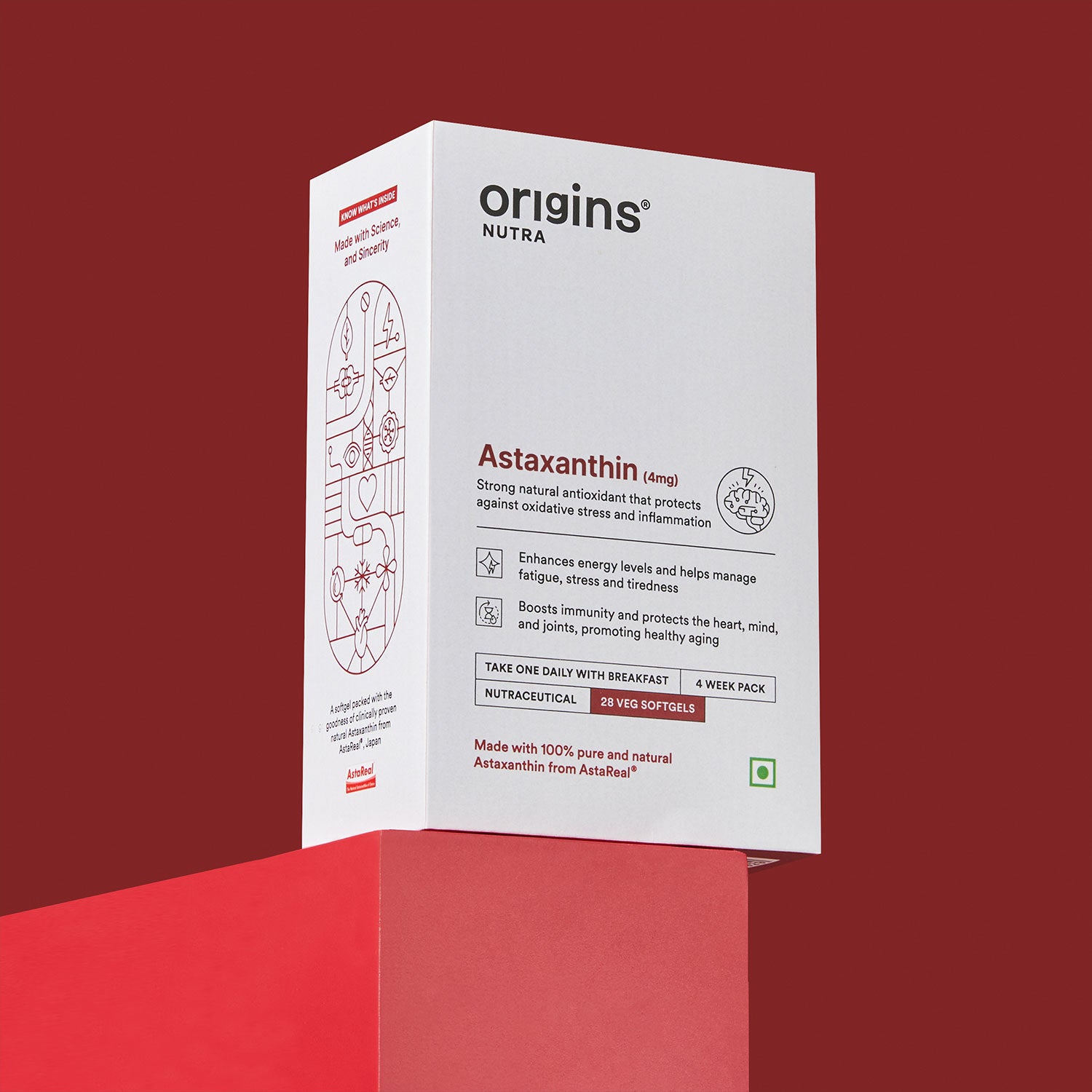
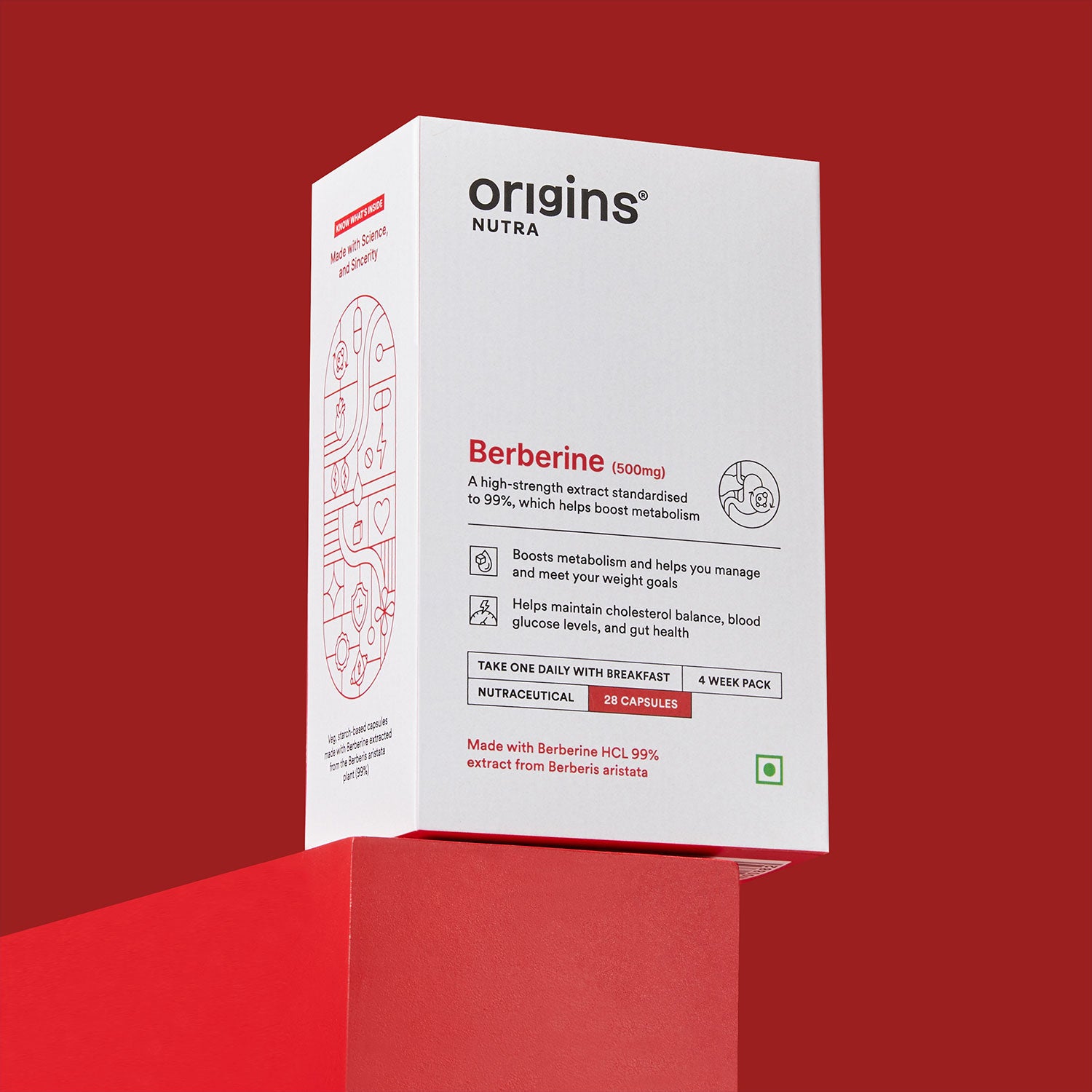
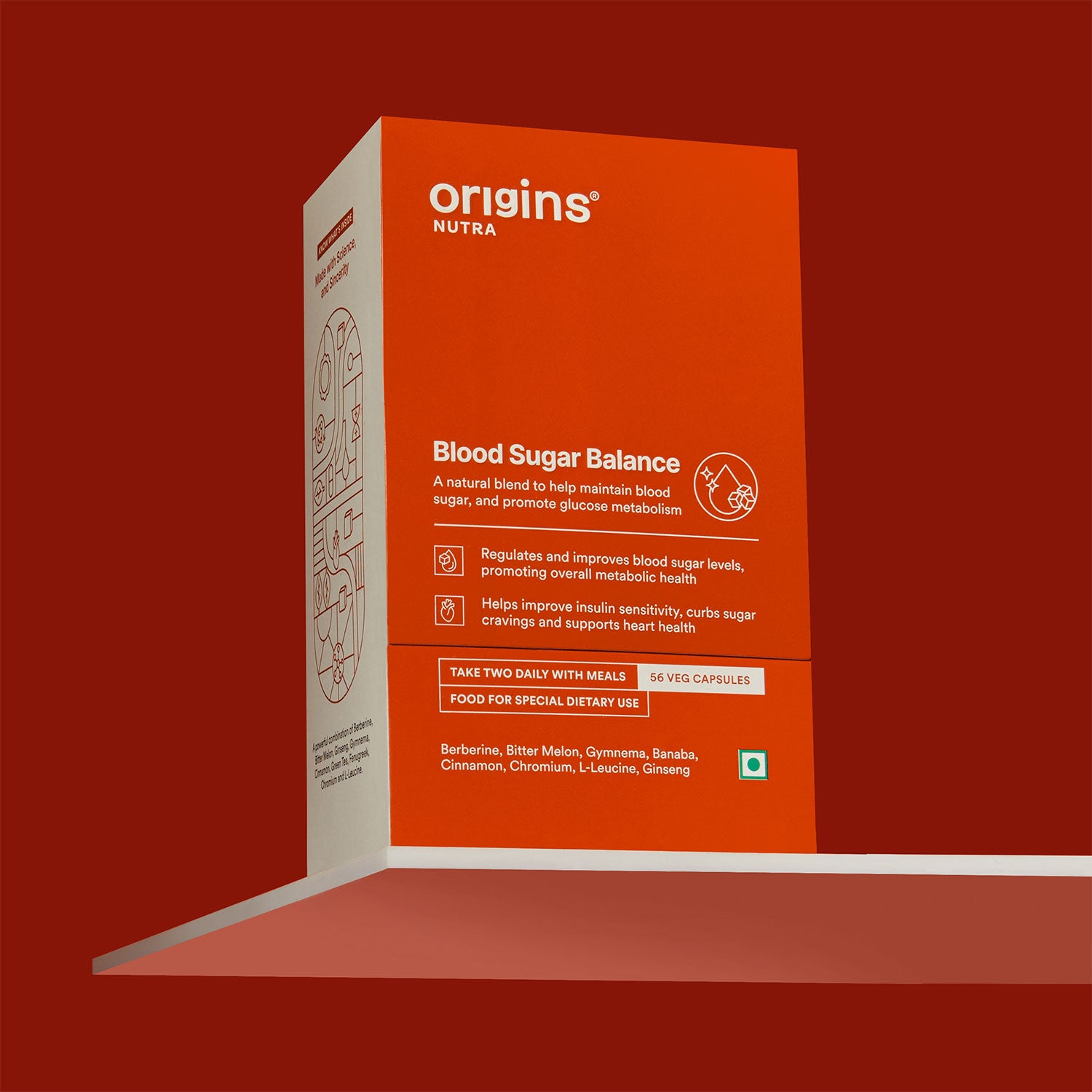
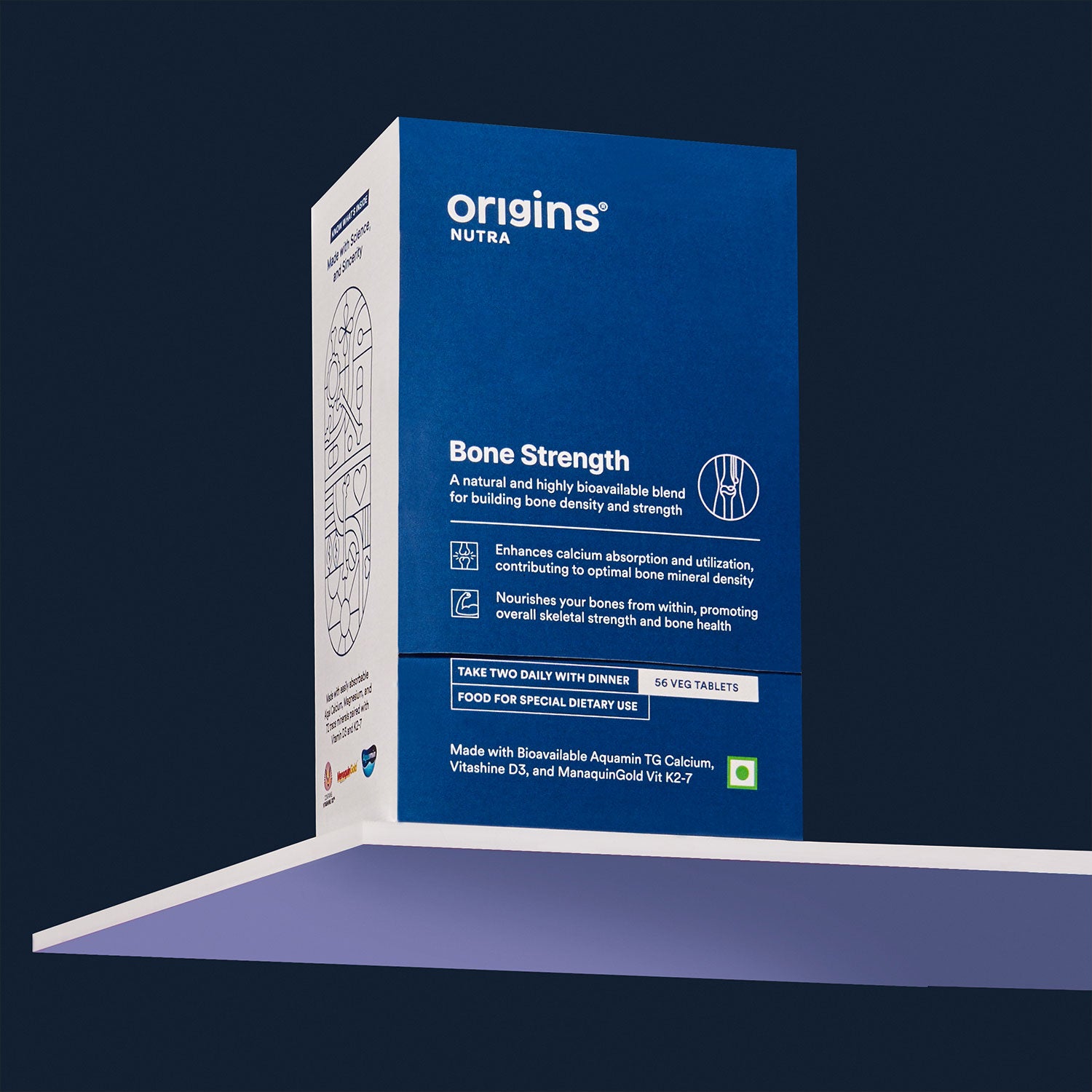
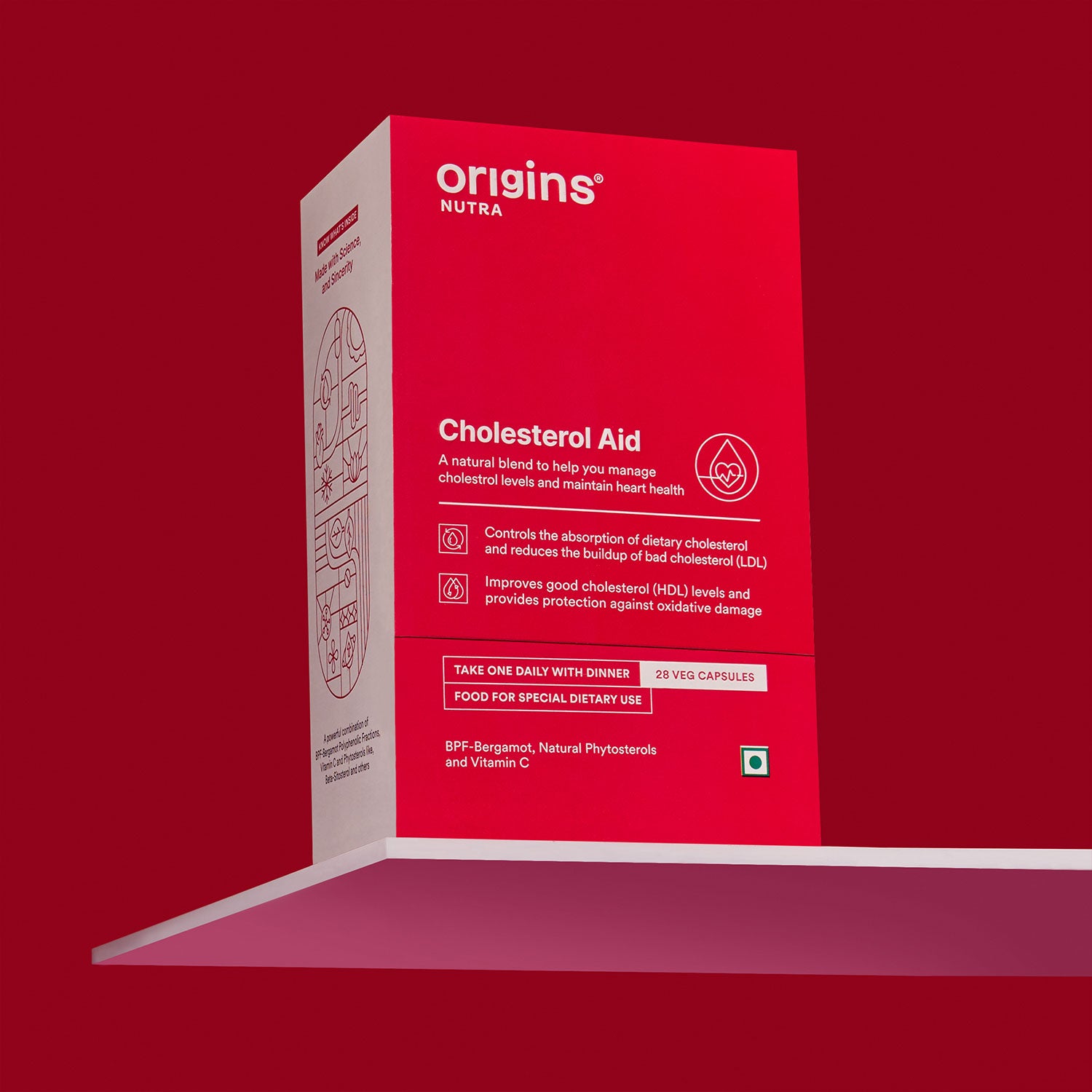
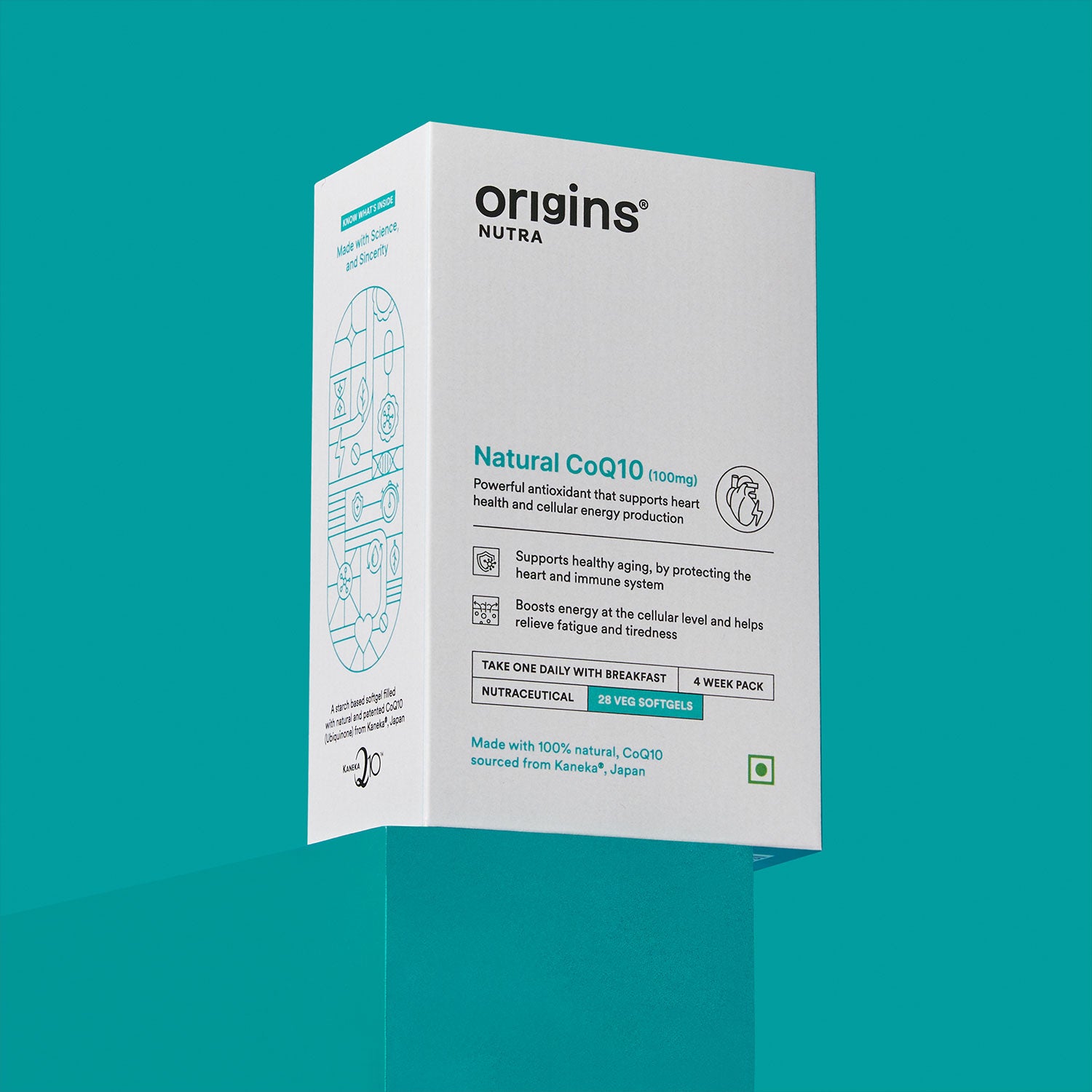
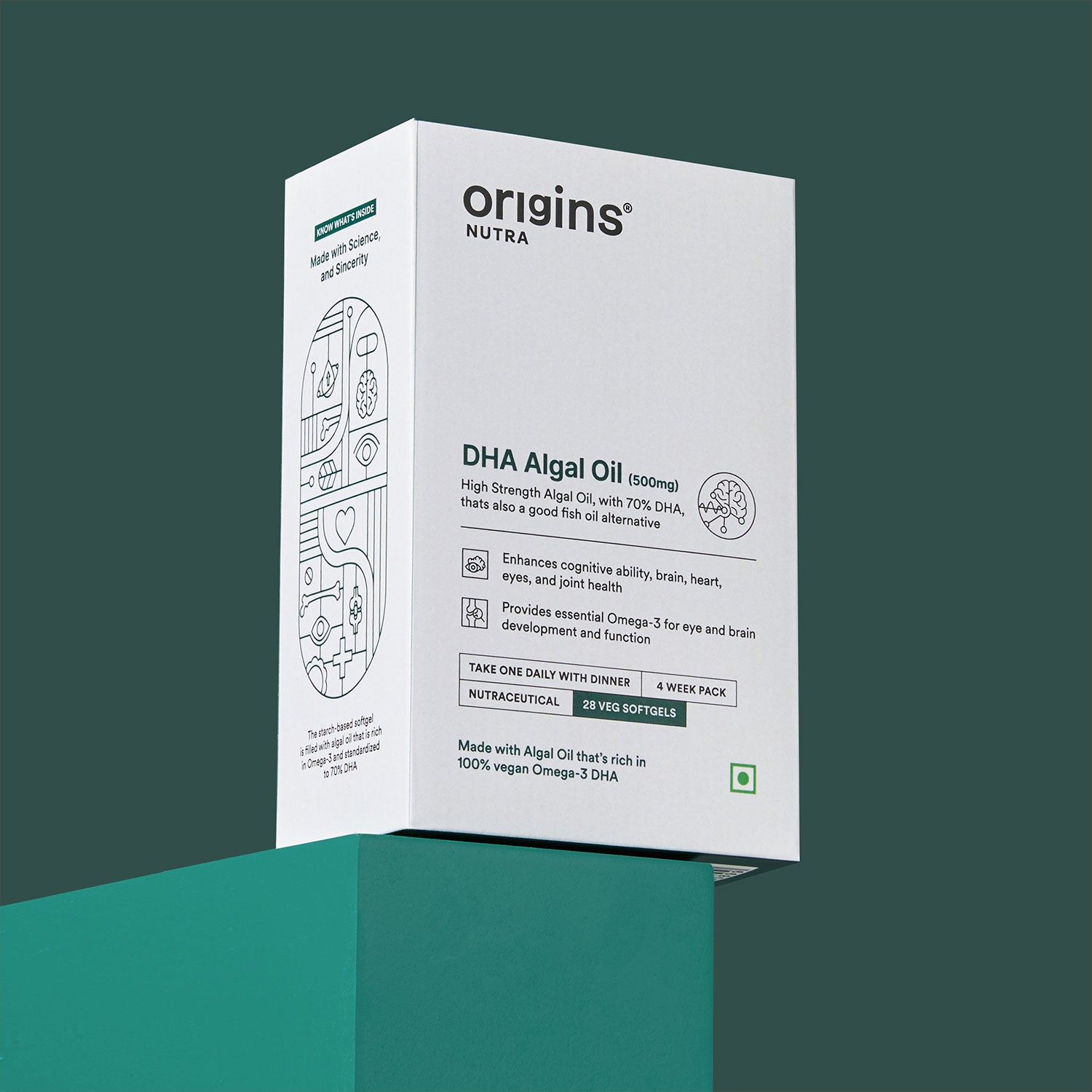
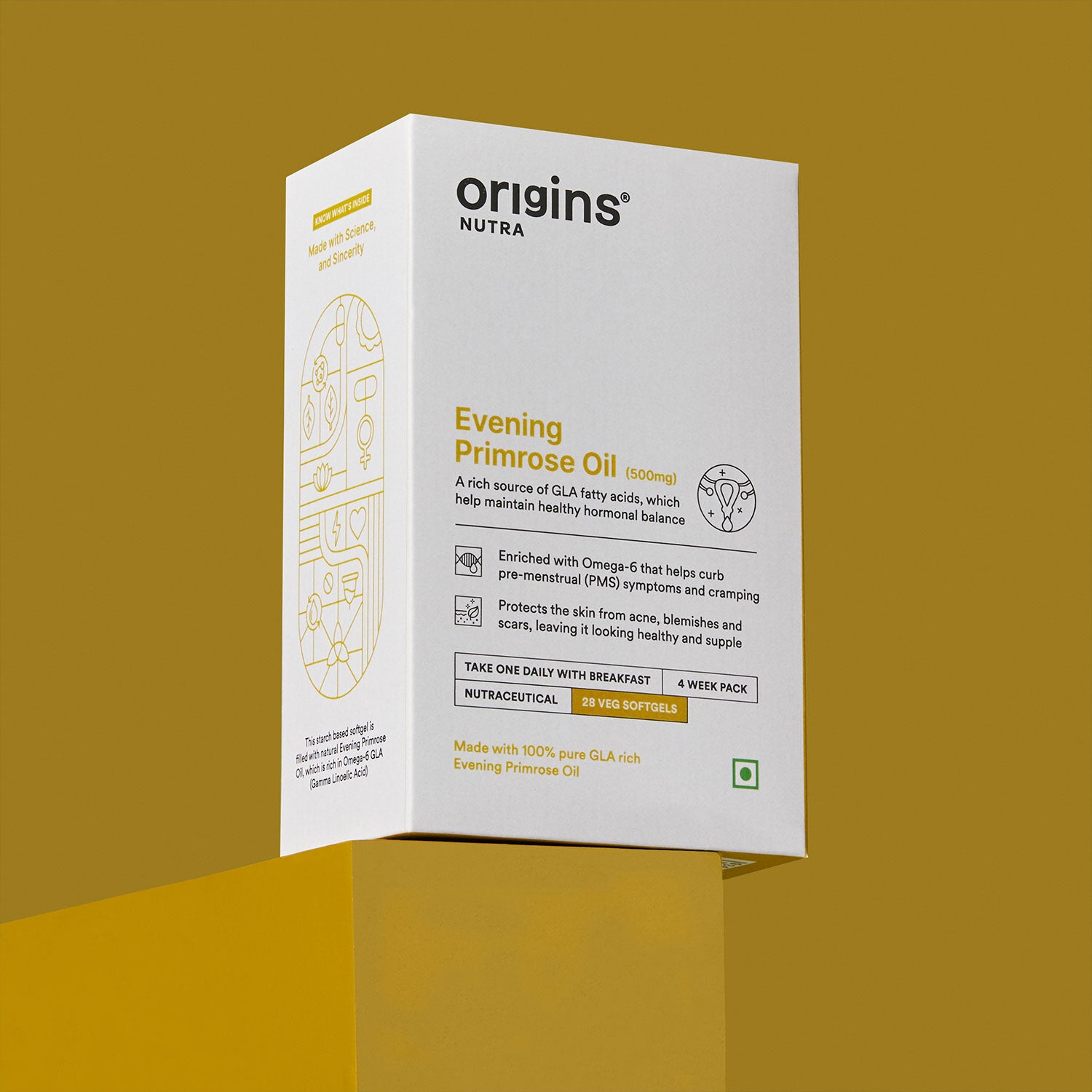
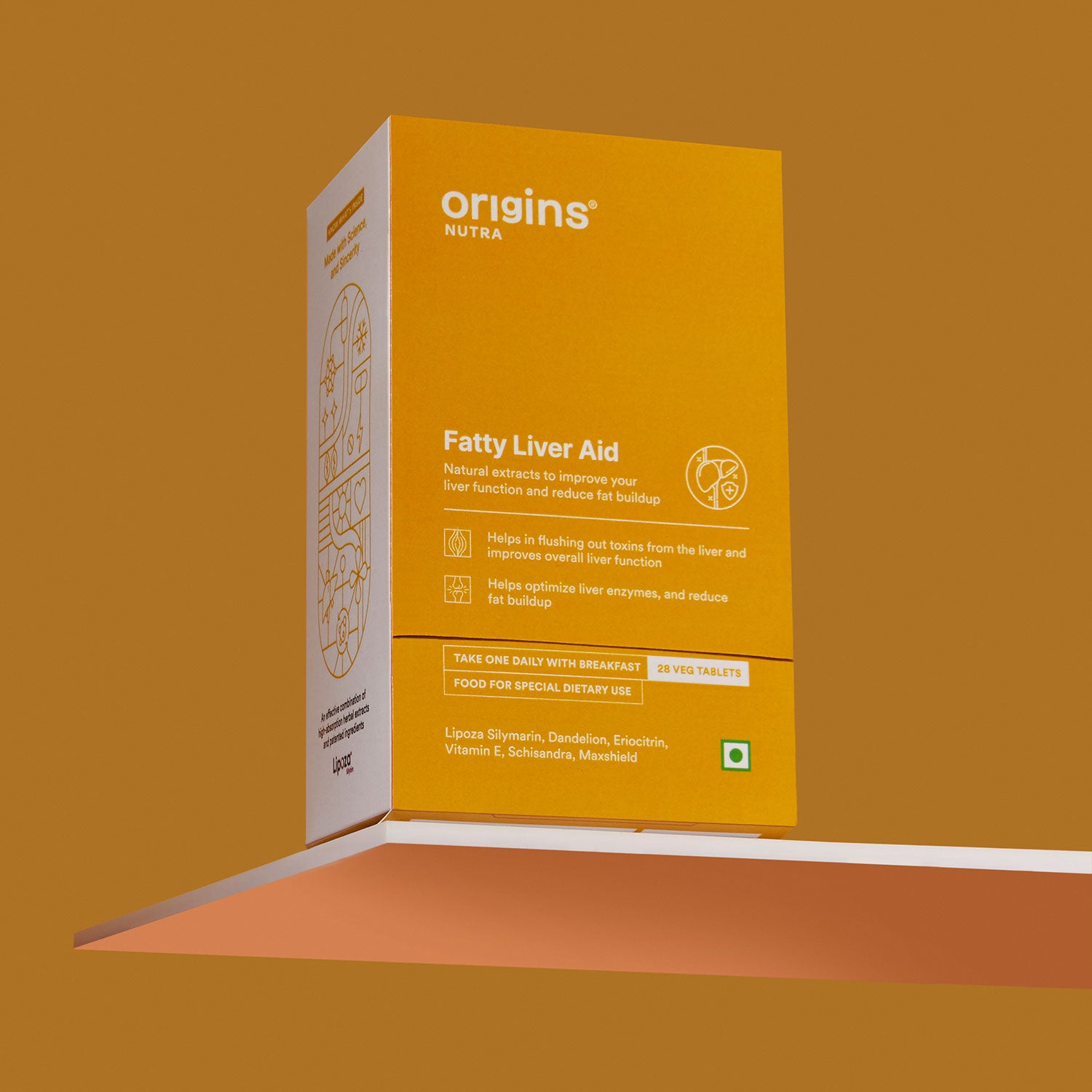
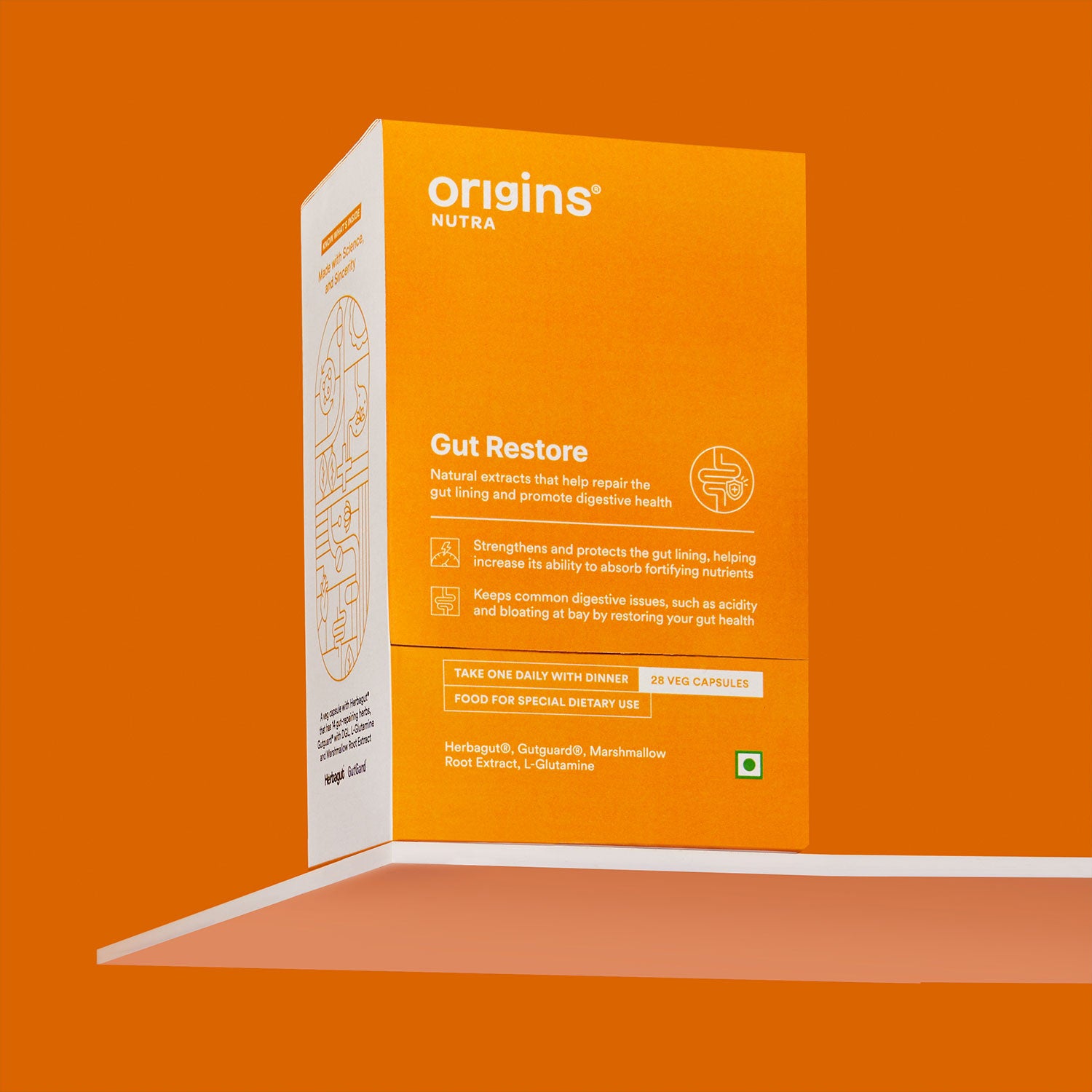
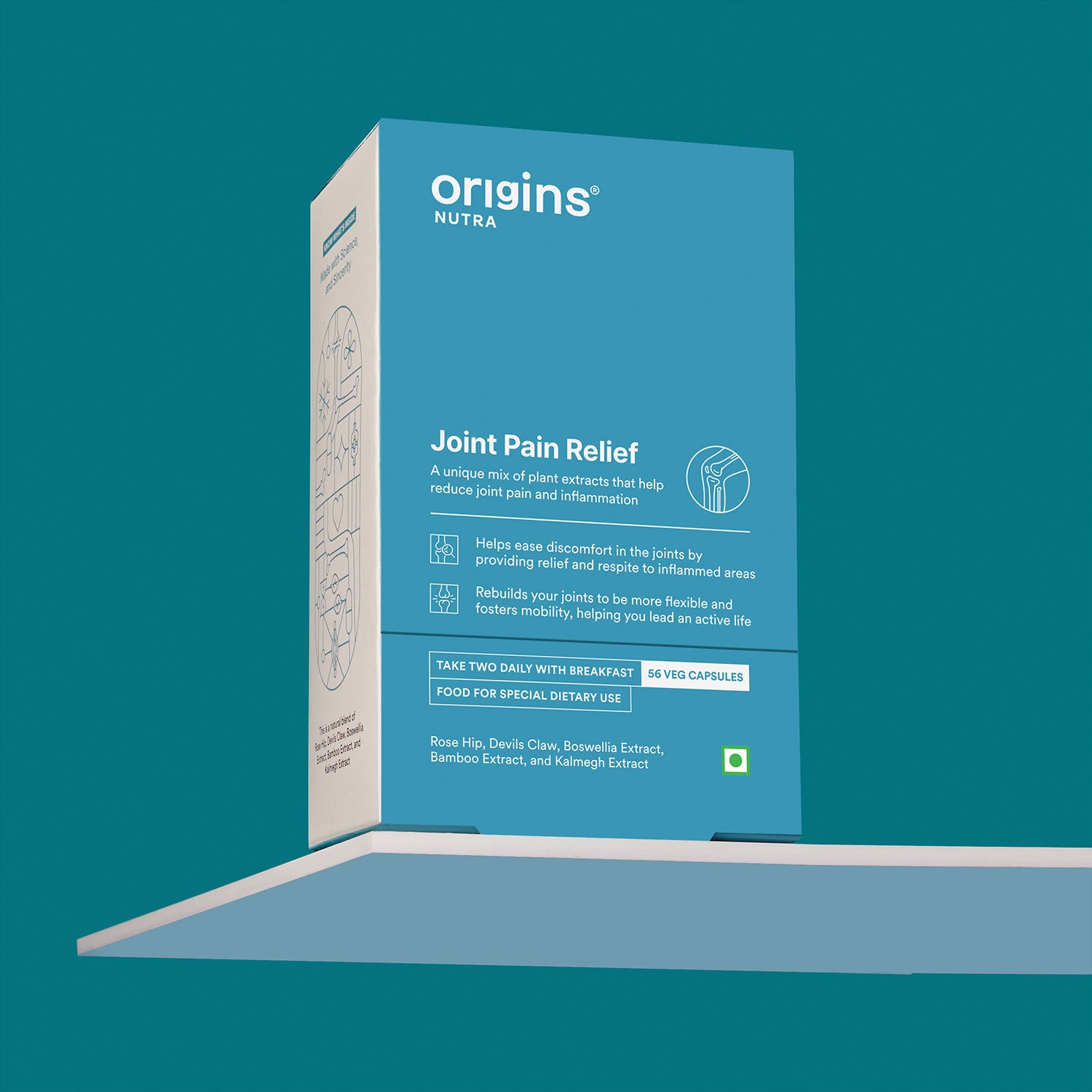
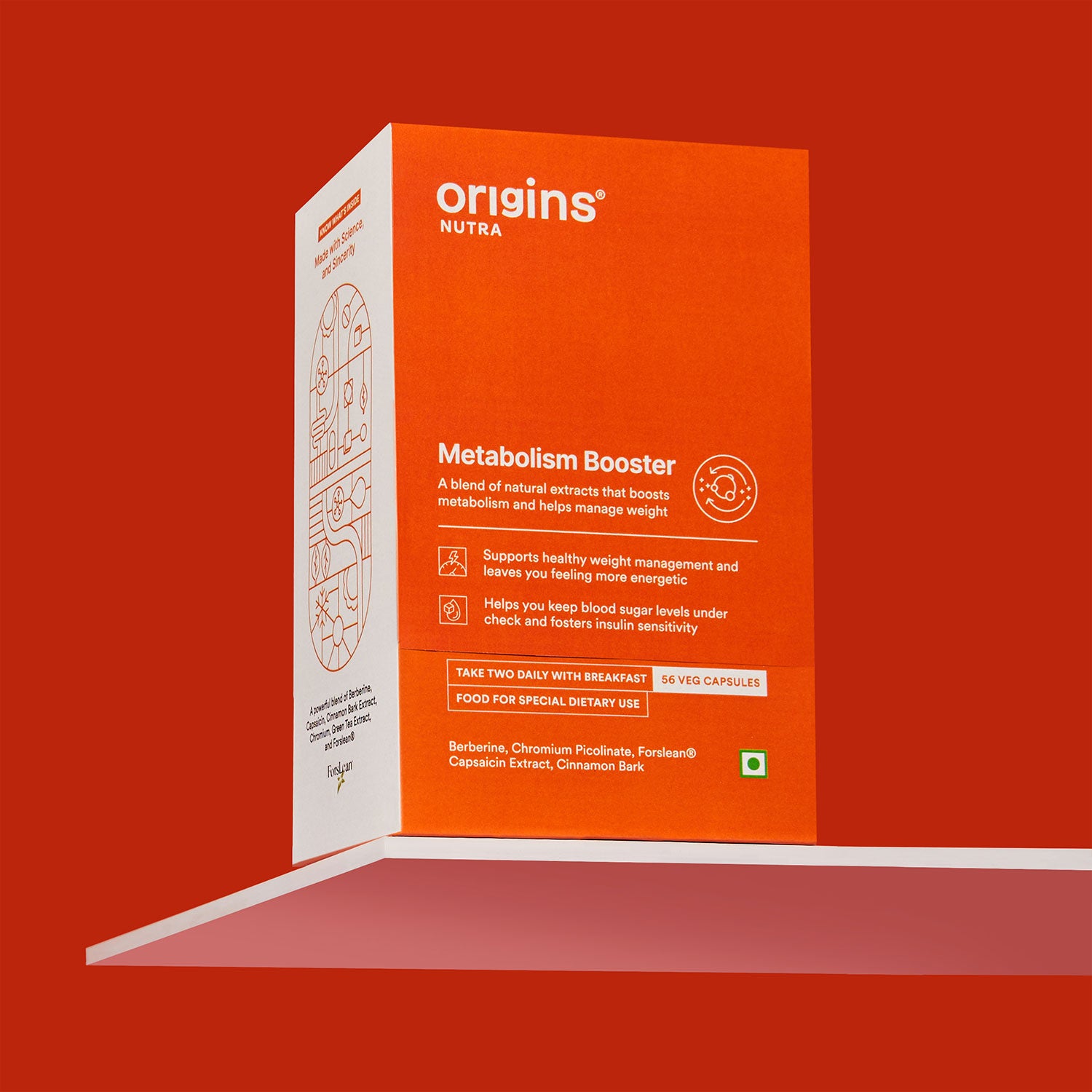
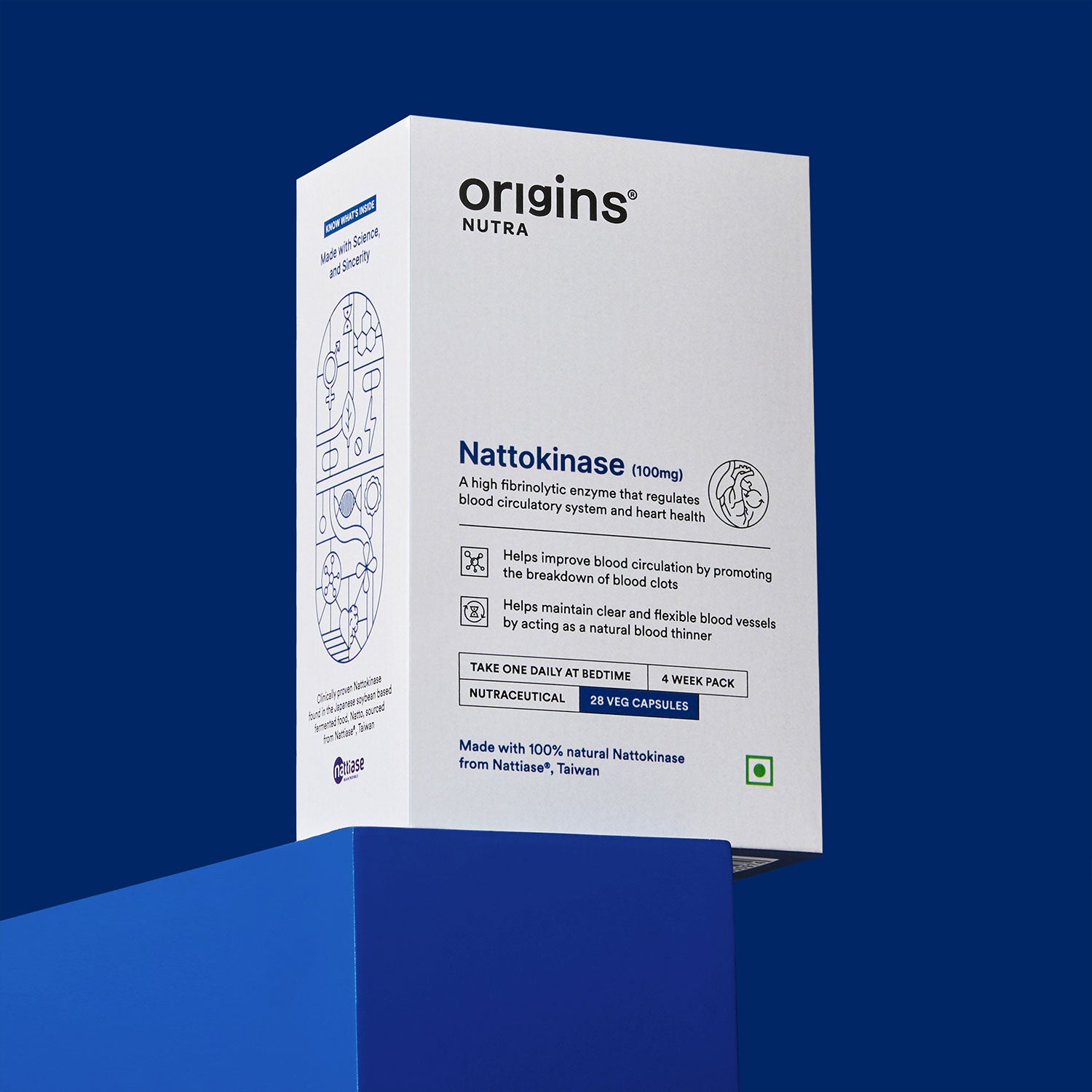
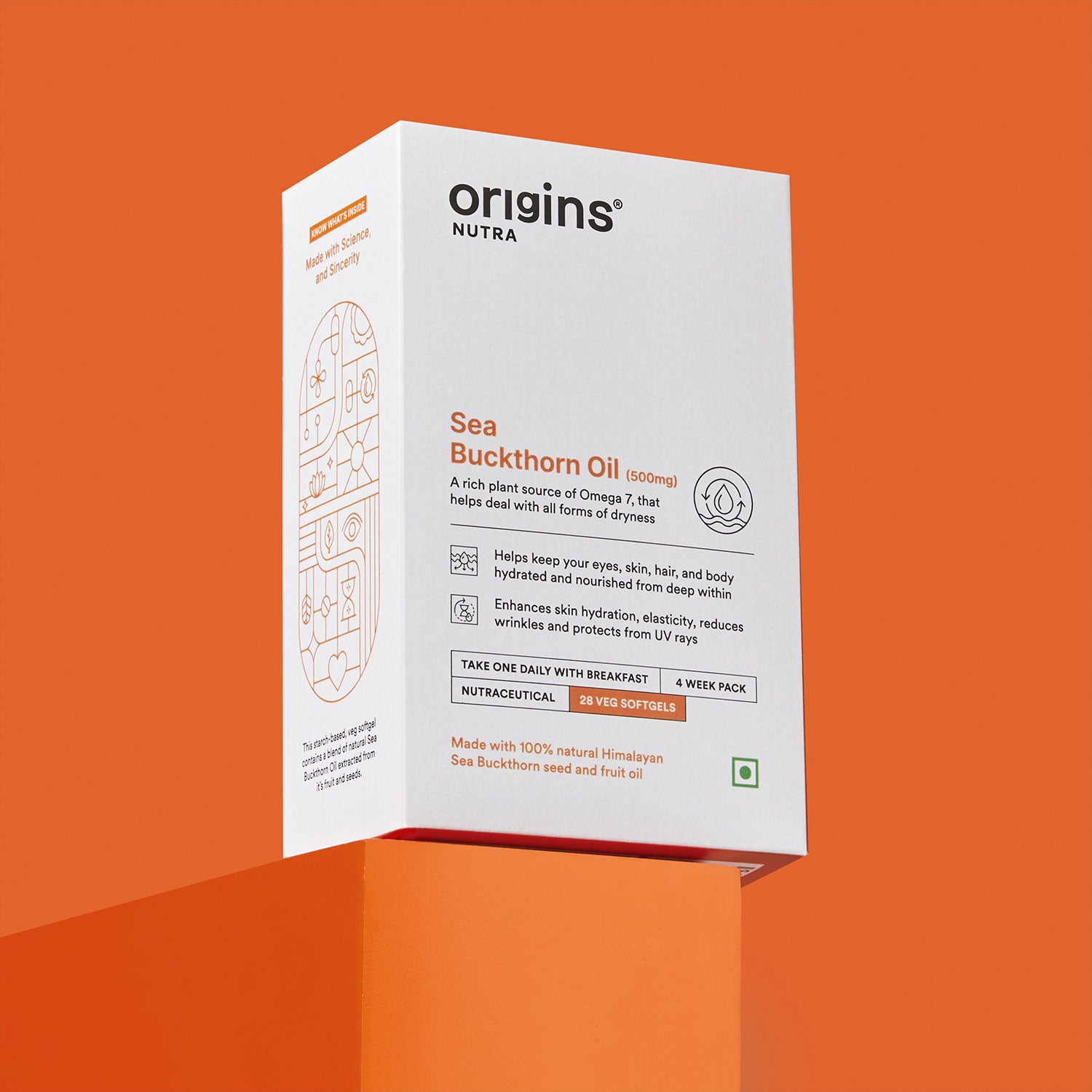
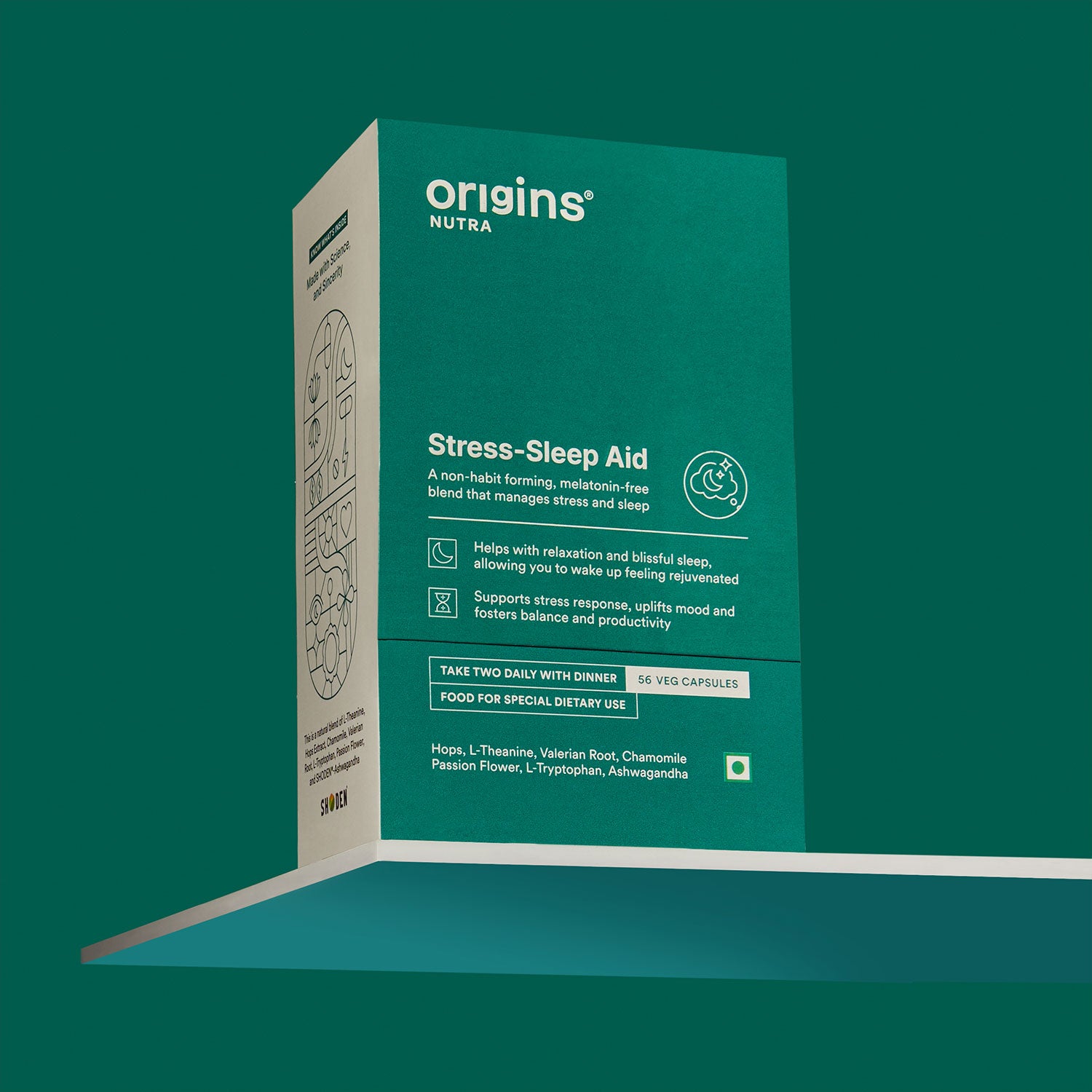
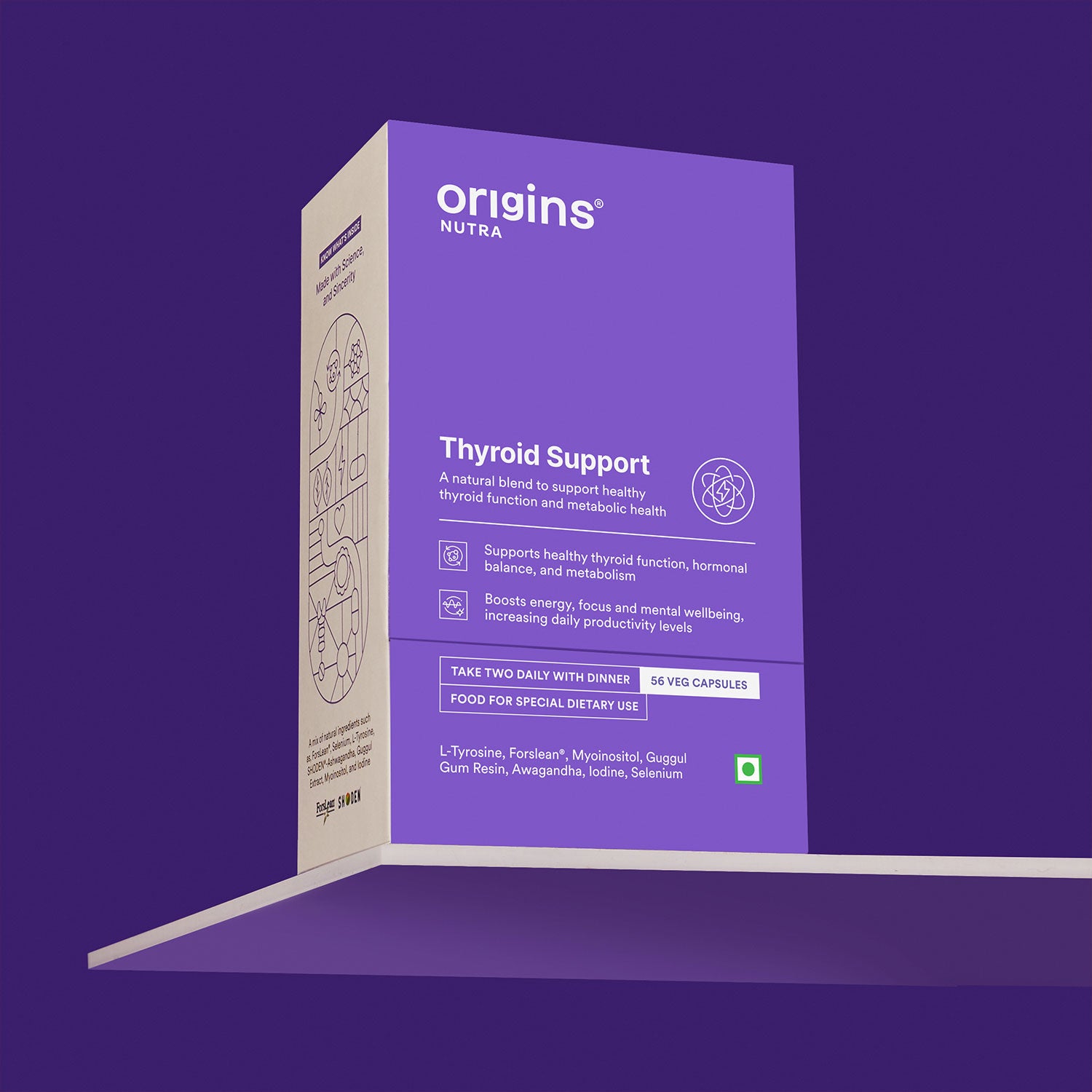
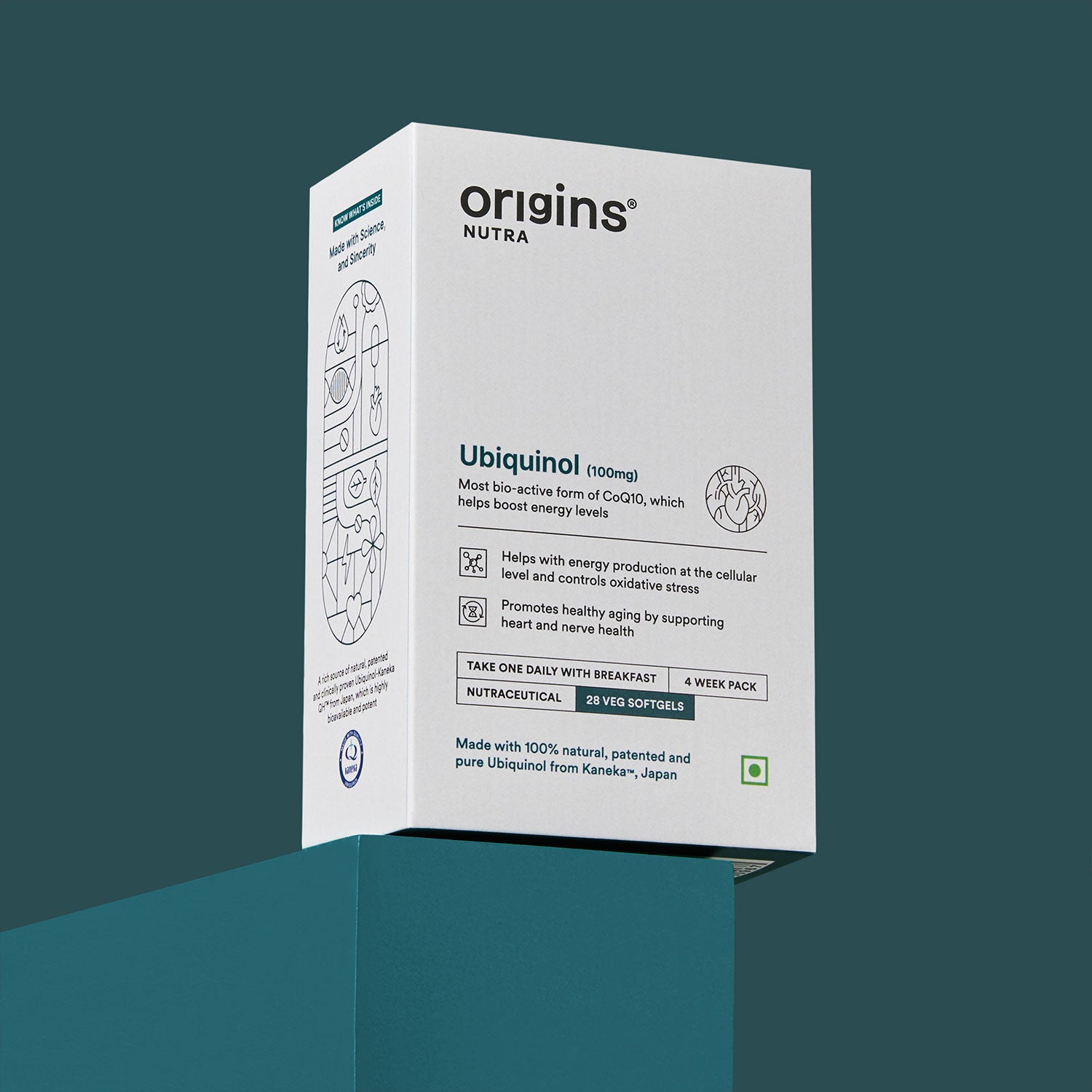













Leave a comment